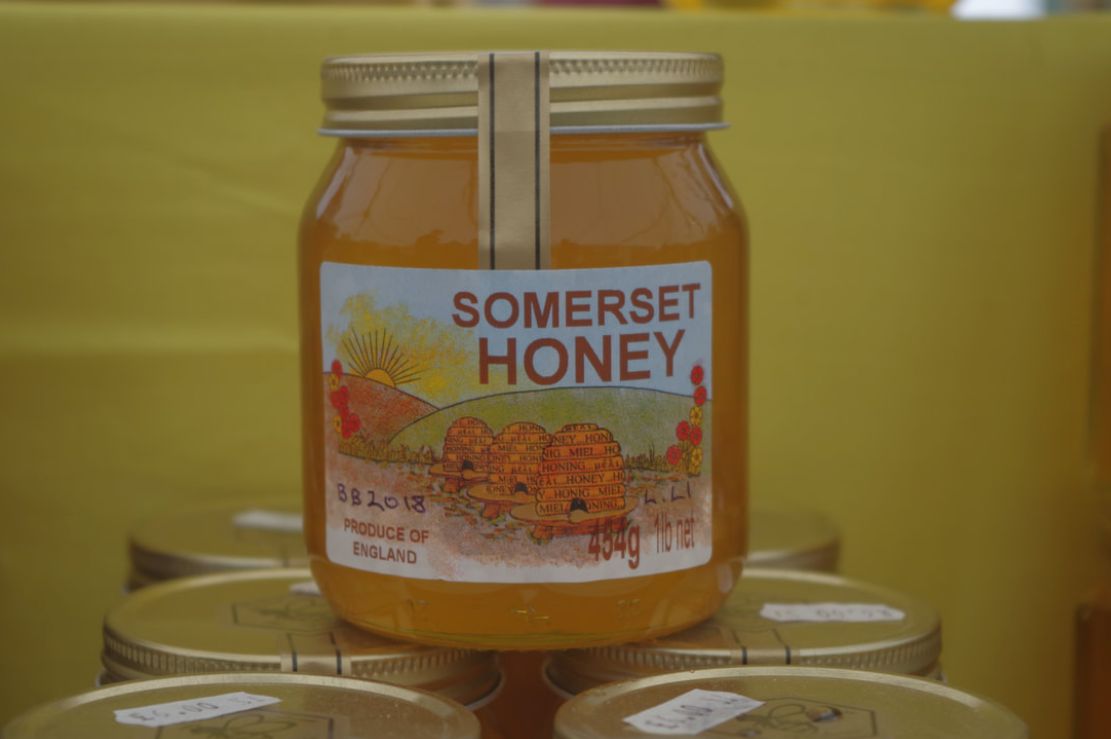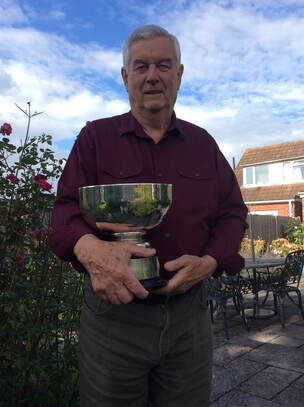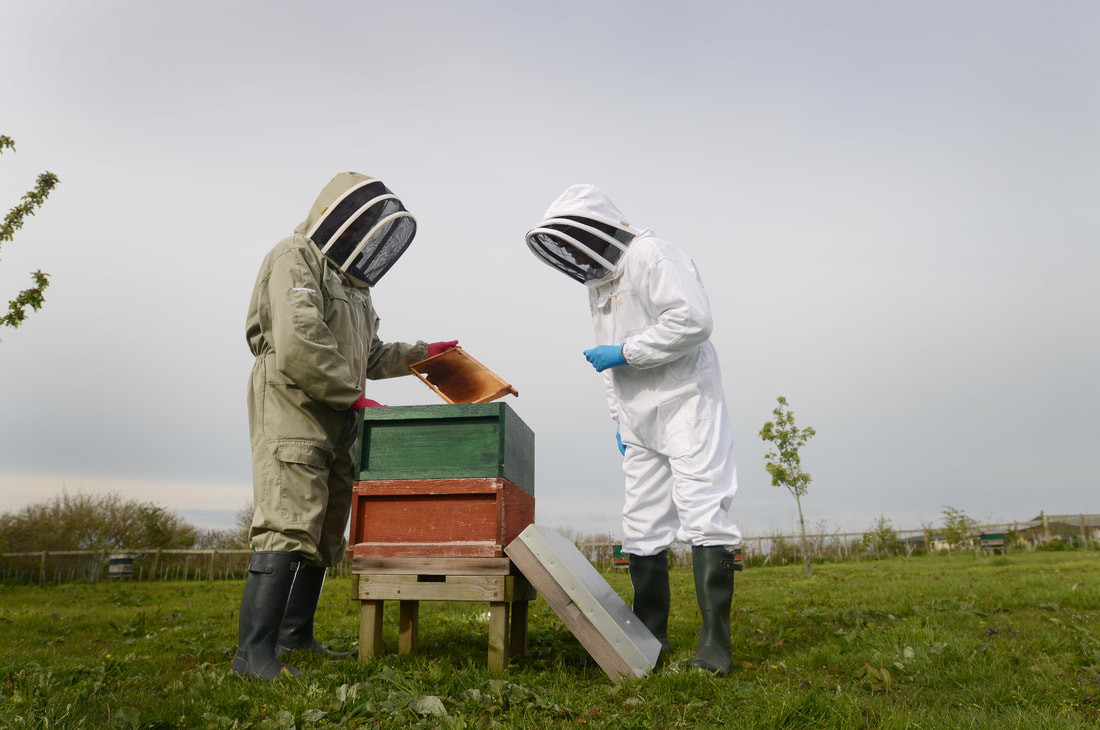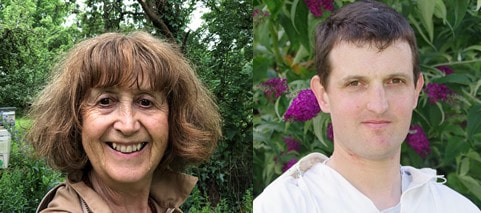|
SBKA Chairman Stewart Gould provides a timely update about pre-used honey jars and lids:
As there is much confusion regarding the re-use of honey jars and lids, I contacted the Food Standards Agency for their thinking on the topic. Previously they had told me that jars should not be re-used, but several years later, they seem to have relaxed that view. Please read their response carefully, as it isn't plain sailing. Dear Stewart Thank you for your enquiry, I hope the following proves of assistance to your members. Food Business Operators (FBO) are responsible for ensuring the food they place on the market is safe under retained European Regulation (EC) 178/2002 - Article 14, and thus the duty and onus is on the FBO to ensure that the food they place on the market is fit for human consumption. Decisions on whether to re-use returned jars and how potential risks should be managed is a decision of the business owner. https://www.legislation.gov.uk/eur/2002/178/article/14 Re-using glass containers like jam jars occasionally to supply food does not present a food safety concern. This means it is safe to sell home produced honey in re-used jars at village fetes and other occasional events. The key thing is good hygiene – if the jars are re-used they should be free from chips and cracks, and should be clean and sterilised prior to each use. The regulations on food contact materials apply to businesses and these regulations are unlikely to apply to the use of jars for occasional community and charity food provision. For the lids, it is advisable not to re-use these as they have a gasket within that is designed for single use. In this instance, appropriate lids will therefore need to be procured as films are unlikely to be suitable for honey. It would be the decision of the local enforcement authority as to whether any particular reuse constituted an infringement of the legislation, as they are tasked to examine compliance paperwork for food contact materials and the circumstances of the placing of the packaged food onto the market. The legislation on the safety of the packaging your membership will need to comply with is can be viewed at: https://www.food.gov.uk/.../food-contact-materials... For any food contact material or article placed onto the market in England, the relevant regulations will be the Materials and Articles in Contact with Food (England) Regulations 2012 (as amended*) https://www.legislation.gov.uk/uksi/2012/2619/contents/made *The original Regulations for England have been amended as per the following individual amending Regulations and will also need to be referred to: The Materials and Articles in Contact with Food (Amendment) (EU Exit) Regulations 2019 https://www.legislation.gov.uk/uksi/2019/704/made The Food and Feed Hygiene & Safety (Misc. Amendments etc) (EU Exit) Regulations 2020 https://www.legislation.gov.uk/uksi/2020/1504/contents/made The Food and Feed Hygiene & Safety (Misc. Amendments) (England) Regulations 2020 https://www.legislation.gov.uk/uksi/2020/1410/body/made Unfortunately there isn’t a consolidated version that you can refer to at the moment. I hope this proves of value to you and your membership. Best Regards Vince Mr Vincent Greenwood Policy Advisor I Food Contact Materials Food Standards Agency 6th Floor I Clive House I 70 Petty France ILondon ISW1H 9EX [email protected] Chris Harries, a bee farmer from Taunton, is the winner of the greatest honour Somerset Beekeepers’ Association (SBKA) can bestow. He is this year’s recipient of the West Country Honey Farms Award which was given in recognition of his outstanding contribution to beekeeping in the county. Chris has been a member of SBKA for 47 years and has been heavily involved with Taunton & District Beekeepers’ Division based at Heatherton Park. Among many other roles supporting local beekeepers, he is a driving force behind an annual auction of beekeeping equipment, is a honey judge and helps to stage the County Honey Show held as part of Taunton Flower Show. In the 1970s he set up the second crop spray liaison scheme in the country and continues to be the county’s spray liaison officer acting as a go between farmers and beekeepers. Chris was ‘stung’ by the honey bug aged 13 while at Priorswood Secondary Modern School in Taunton (now part of The Taunton Academy) when his woodwork teacher, Harry Harrison, introduced pupils to beekeeping. “He took us out to Heatherton Park apiary to get us to make up frames and clean up the equipment and he also had hives in the school grounds,” said Chris. But his introduction to the craft didn’t get off to the most auspicious of starts: “On the first afternoon, when we were taken to look at the schools’ bees, my best friend was stung and suffered a severe anaphylactic shock.” Chris eventually became a fulltime bee farmer and currently has 300 honey bee colonies in 20 apiaries. “I’ve always had an interest in the natural world – wildlife and plants - and beekeeping combines so many of those interests. And I still enjoy beekeeping all these years on.” Chris’s company, Sedgemoor Honey, produces award-winning, local honey which is sold in outlets across the county and further afield. Somerset Beekeepers’ Association works to advance the craft of apiculture within its membership and to promote general awareness and understanding of honey bees. To find out more visit www.somersetbeekeepers.org.uk Ends
It’s not very often we get good news like this, but here is a real opportunity for somebody who would like to start keeping bees, but is not able to for some reason, or other, writes Stewart Gould, Chairman of Somerset Beekeepers' Association.
Becky Wright, of New Leaf Life Design, which is a company providing workplace and life design coaching has, very generously, donated a large percentage of her fees from sessions with Riverford Foods and Homes in Sedgemoor to Somerset Beekeepers. This money will be used to help somebody, who is contemplating beekeeping, with the start-up costs, but of course, there are conditions. The award will be made to someone who might otherwise find it financially daunting or somebody who has suffered from a situation, not of their making. The lines are purposely blurred so that the award is flexible. Any member who knows somebody who would benefit from this award, should contact their divisional secretary, who can make a bid to SBKA for this money. That bid should be as detailed as possible, giving the good reasons that the person proposed deserves a helping hand. Submissions should be received by Somerset BKA secretary by October 16th, 4 weeks before the November SBKA council meeting. The recipient will have to attend a beginners’ course and be mentored for the first year. Should they give up beekeeping within three years, all equipment purchased using the award must be returned to SBKA. There will be other conditions but this is an award that could make a considerable difference. The fund currently stands at £325.00. The conditions of the award are set out below. These may change slightly, but this is the gist of it at present. Get thinking about who might benefit from this, and get in touch with your secretary. New Leaf Life Design Award conditions: 1. The award will be given to a young person who would, otherwise, find it difficult to finance a start in beekeeping, or somebody considered, by SBKA, to be deserving of assistance in doing so. 2. Nominations from Divisions should be received at least 2 weeks before the September 11th SBKA Council meeting (by Saturday 9th October), so that they can be considered at that meeting. That is by Saturday 28th August. 3. The recipient of the award will attend an SBKA divisional Beginners’ Theory Course during the winter months and a Practical Course during the following season. 4. The recipient will be found suitable equipment from the award, up to the total sum of £325.00. 5. The recipient may apply for more equipment provided it is deemed relevant and within the confines of the award. 6. The recipient will be found a mentor for the first season of beekeeping, and can expect guidance during succeeding years. 7. The recipient will be given a colony of bees, when the mentor is satisfied that it is time to do so. These bees will become the responsibility of the recipient, who must endeavour to keep them well provisioned and managed in a way acceptable to the mentor. 8. Any proceeds from the sale of honey or other hive products will be the recipient’s to spend as they wish. 9. The recipient must become a full member of SBKA 10. The recipient will be expected to sustain a colony of bees and the associated equipment for a period of three years. If the recipient does not wish to continue with beekeeping during that period, all equipment and bees will be returned to SBKA in a reasonable condition. By the same token, all equipment and bees remain the property of SBKA for that three year period. 11. The recipient must take reasonable care and responsibility for any equipment while in his or her care. If it is found that such reasonable care is not being taken, it may become necessary to retrieve the equipment and bees. 12. If the recipient is seen to have renegued on this agreement, all equipment, bees and other goods associated with this award will be forfeit. For the purposes of this document, SBKA refers to Somerset Beekeepers’ Association - registered charity no. 277803 Lynne Ingram and Richard Bache are the only two beekeepers this year to pass the prestigious National Diploma in Beekeeping (NDB) – the UK’s highest qualification in beekeeping.
NDB Chairman Adam Leitch offered his warmest congratulations to them both on their “outstanding achievement”. Candidates follow a broad syllabus ending with an exam, including a theory paper and dissertation, the preparation of botany and entomology portfolios, followed by an all-day practical assessment covering colony handling, botany, anatomy and disease, and a viva voce. Richard, our education officer and who has been a beekeeper for 22 years, confessed to starting the demanding course in a ‘moment of lockdown madness!’ “To be honest, I have absolutely no idea what possessed me!” he said. “But I relished the challenge of taking my beekeeping to the next level: having a more in depth knowledge of beekeeping practice, understanding the place of the honey bee in the broader environment and refining my bee husbandry skills beyond the Master Beekeeper level.” Richard started beekeeping in 1999 following a beginners’ course run by the late Mike Milton and Gerald Fisher of Somerton Division, aged 16. Currently he manages eight colonies. He added: “Beekeeping is a fantastic opportunity to witness and learn about one of nature’s most incredible creations.” Lynne, who heads up our online lecture programme, is our Asian Hornet Action Team coordinator and joint event officer, has been keeping bees for almost 40 years, and currently manages 20 colonies. “For me taking the NDB was the next challenge after becoming a Master Beekeeper. I’ve broadened and deepened my beekeeping knowledge generally, learnt so much more about insects other than honey bees and their role in pollination, as well as studying botany in greater depth, and immersing myself in the latest apicultural research. “It was tough! Lockdown had limited many of the normal training opportunities and added an extra couple of elements to our submissions”. Lynne’s introduction to beekeeping was in the late 1970s when she completed a course run by the late David Charles. “We’d just moved into a new home with some land, and self-sufficiency was very popular so we had goats, sheep and bees. Over the years everything else went but the bees remained - and increased in number.” The NDB started in 1954 and there have been only 94 successful candidates over the intervening years. Somerset Beekeepers’ Association has four members with the qualification – in addition to Richard (Somerton) and Lynne (Taunton), they are Simon Jones (Taunton) and Patrick Rich (Mendip). Lynne: “Beekeeping is absolutely fascinating. You never stop learning however long you’ve been doing it, you meet others who are passionate about bees and your interest can take off in so many different directions.” Richard: “Beekeeping is a fantastic opportunity to witness and learn about one of nature’s most incredible creations.” |
Archives
March 2024
Categories
All
|
||||||
Somerset Beekeepers Association Charity © 2021 Registered CIO Charity 1206483
Affiliated to the British Beekeepers Association
Click here to view our Privacy Policy
Affiliated to the British Beekeepers Association
Click here to view our Privacy Policy




 RSS Feed
RSS Feed
